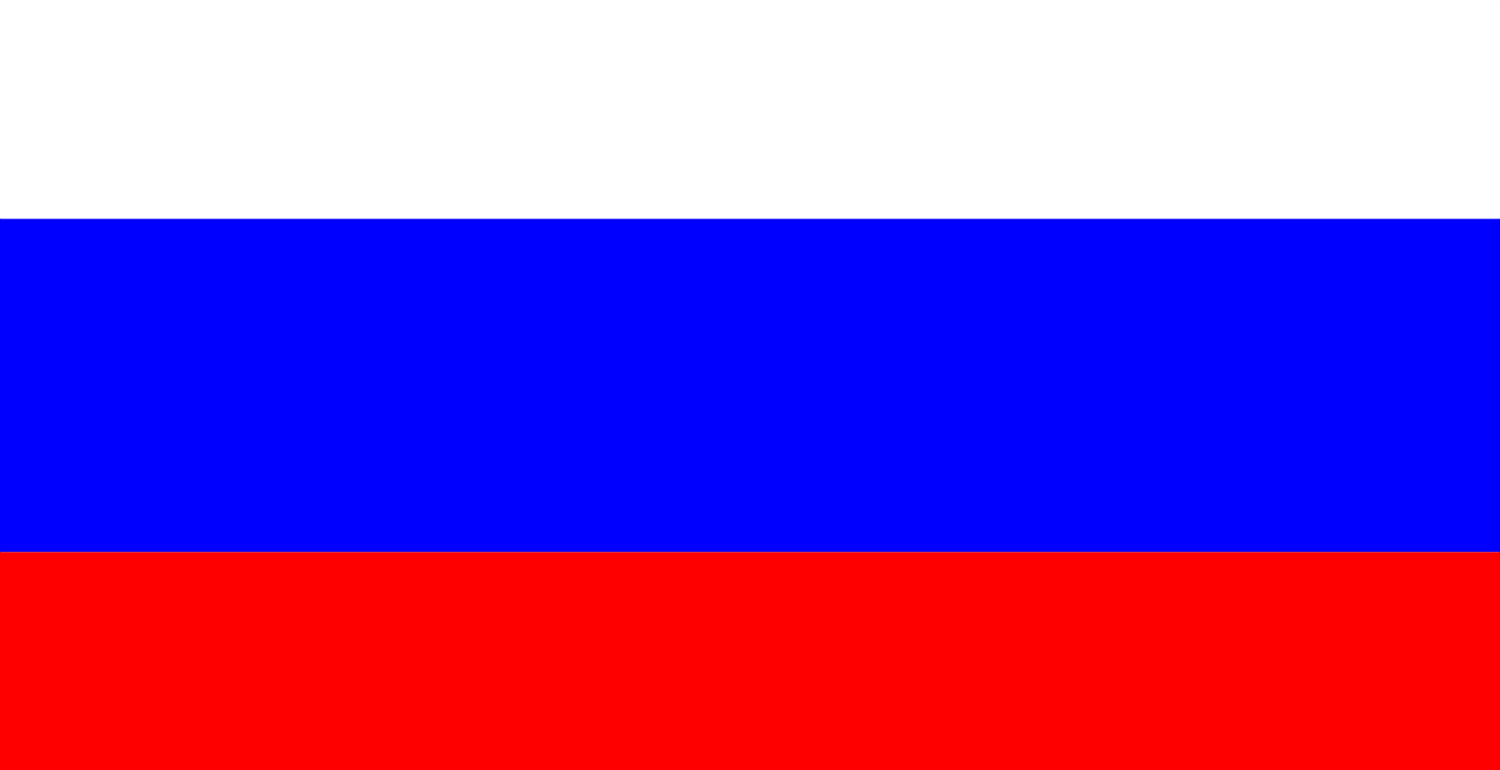On December 17, 1995, Russia held an election to the lower chamber of Parliament (Duma). The election was Russia’s second since the breakup of the U.S.S.R., and its first since the December 1993 election that followed the October 1993 destruction of the former Parliament building. Although some analysts had warned of the possible cancellation or postponement of the election, the voting took place without incident or violence. International observers considered the election to be free and fair.
According to the Central Election Commission (CEC), about 63 percent of eligible voters cast ballots. The figure was higher than had been anticipated, considering the widely-reported malaise and cynicism in Russian society. The high turnout testifies to the electorate’s continuing involvement in the political process, despite many disappointments and economic hardships, and to the desire for change.
Russia’s parliamentary election was a multi-party, multi-candidate contest. Forty-three parties fielded party lists totalling 5,675 candidates. Parties needed 5 percent of the national vote to gain representation in Parliament. In the 225 district races, 2,700 candidates entered the lists, an average of 12 per district. All participating parties received an equal amount of free air time on television, and they could buy more.
The big winner in the election was the Communist Party (CPRF), headed by Gennady Zyuganov. According to the official results, the CPRF won 22.3 percent of the proportional vote, plus another 58 seats in single mandate districts. The CPRF appealed to voters who had not benefited from Russia’s experiment with a market economy and were discontented about crime, corruption, and a general sense of “disorder” in post-Soviet Russian society. Zyuganov also advocated the restoration, “by voluntary means,” of the Soviet Union. The strong showing by the Communist Party mirrors the electoral revival of communist forces in other former Soviet republics and in Eastern Europe, 3.5 years after Russian President Boris Yeltsin declared in the U.S. Congress that “communism is dead in Russia.” Zyuganov has also become the frontrunner in the race to unseat Yeltsin in the June 1996 presidential election.




